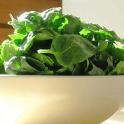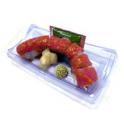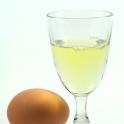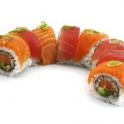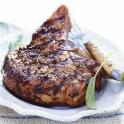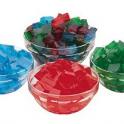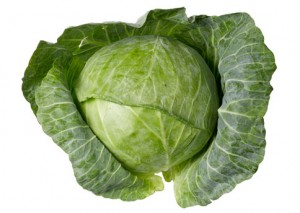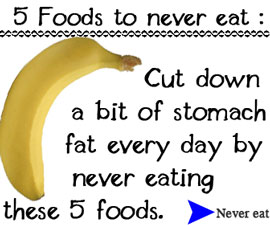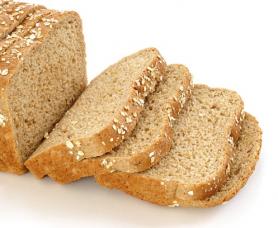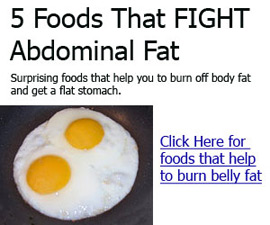If you’re looking for a nutrient powerhouse, you definitely will find it in cabbage. Often known as a vegetable that will make you rather gassy, it’s still not one to be overlooked. As one of the strongest cancer fighters out there, you can be certain that consuming this will provide maximum health promotion.
Let’s look at the major nutrients found in cabbage.
Major Nutrients Found In Cabbage
The first benefit is that cabbage is incredibly low in total calorie content. With one cup providing just over 10 calories, you can easily see how much of this you could add to your diet before it begins to add up.
In addition to that, it’s also going to be low in sodium and cholesterol, while being high in antioxidants as well as Thiamin, riboflavin, magnesium, phosphorus, vitamin A, vitamin C, vitamin K, vitamin B6, Folate, Calcium, and Potassium.
The fact that it’s high in calcium content is especially important to note as not many vegetables are and this makes it perfect for the person who doesn’t consume many dairy products.
Storing/Selecting
When selecting cabbage, you want to look for cabbage that’s very firm and shows no signs of wrinkling and dryness while also having a very uniform color. Avoid any cabbage that has brown or miscolored spots as this could indicate it’s no longer good to eat.
Cabbage should be stored in the fridge and will stay good for about two weeks.
Eat It With:
Cabbage can be eaten with salads, made into a soup, added to stir-fries or made into cabbage rolls.
Burn Off Calories In Cabbage
To burn off the number of calories in a cup of cabbage you would have to do:
- 10 minutes reading
- 2 minutes walking
- 11 minutes watching TV

